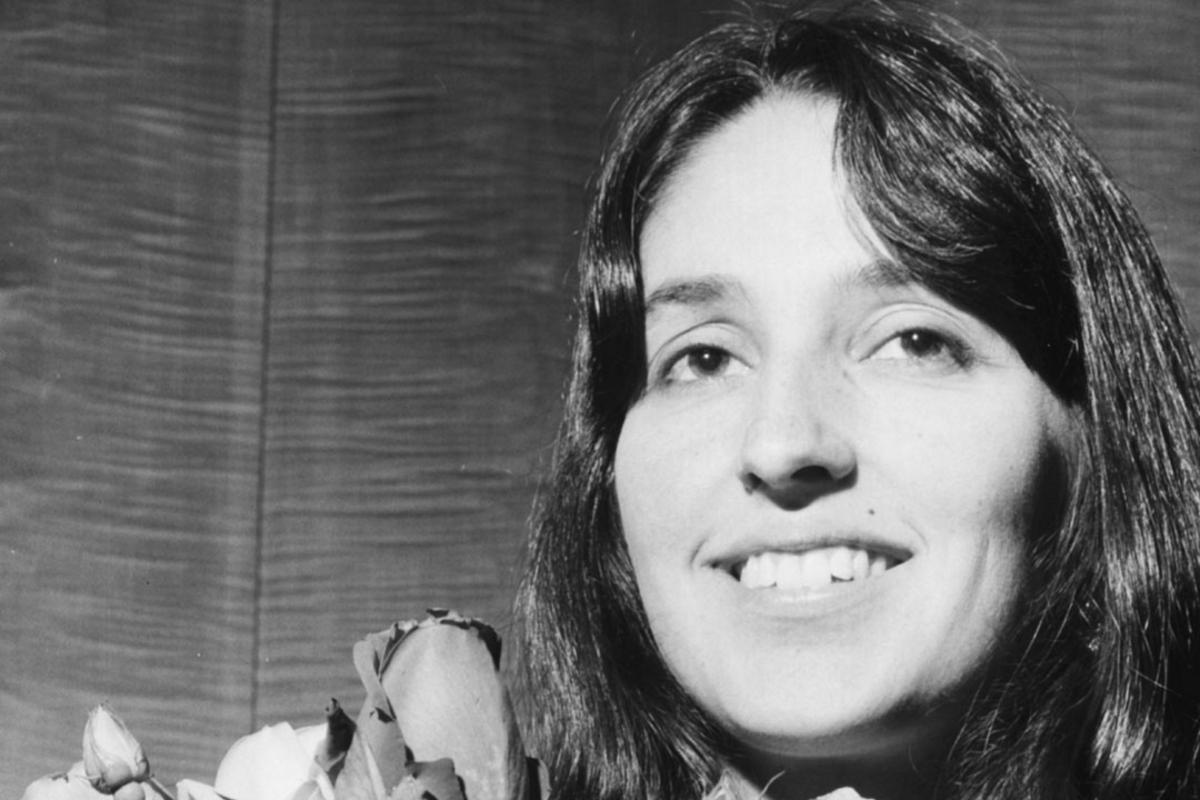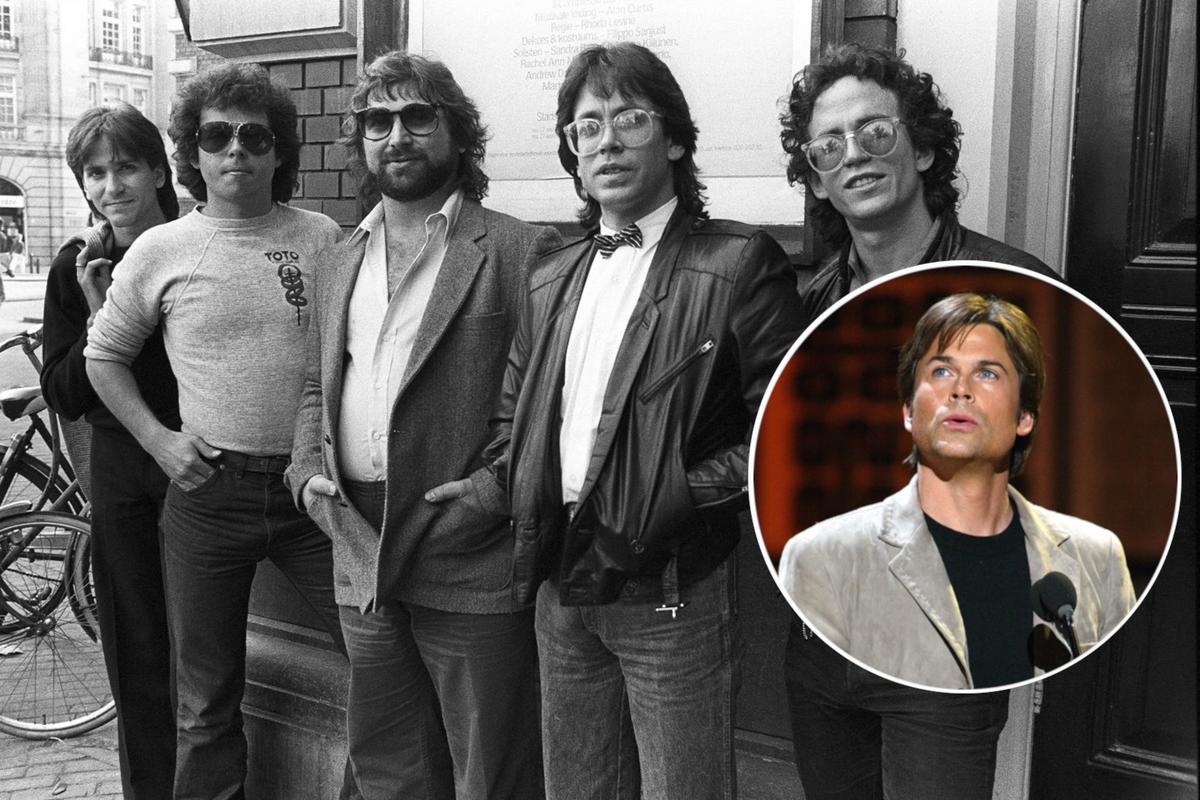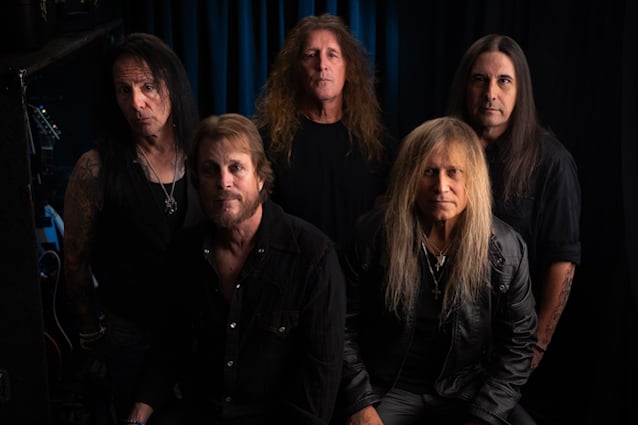Without Joan Baez, its hard to say what the intersection of American music and social justice would look like, if it had ended up looking like anything at all.Music, of course, is not inherently political, but Baez, a key figure of the counterculture movement in the ’60s, recognized how it could serve as a propellent for real progress. “Songs change a lot,” she told The Guardian in 2019. “Music lifts the spirits, crosses boundaries and can move people to do things they would not otherwise have done.”From the time she appeared at the 1959 Newport Folk Festival, one of her very first larger public performances, it was clear that this was an artist not only with a stunningly smooth soprano voice, but one with a message of peace, justice and integrity. She was 18 years old. Within just a few years she’d be dubbed the Queen of Folk and have her face on the cover of Time magazine.In the decades that followed, Baez grew as a performer, an activist, a gifted interpreter of other artists’ music and as a songwriter herself. She has released over 30 albums, earned nine Grammy nominations and has also been honored numerous times for her human rights work.If you’re new to Baez’s catalog, below are 10 essential songs ranging in topic and release date. And if you’re a longtime fan, it never hurts to revisit the classics.1. “We Shall Overcome”From: Joan Baez in Concert, Part 2 (1963)To speak about Baez is to speak about someone who has committed decades of their life to uplifting the voices of others. She often performed at rallies and marches, and “We Shall Overcome” became one of her staple songs in those early years, a gospel number that swiftly became associated with the fight for racial equality in America. Below is 22-year-old Baez performing the song at the March on Washington for Jobs and Freedom in Washington D.C. on August 28, 1963.2. “There but for Fortune”From: Joan Baez/5 (1964)It would be difficult to tell the story of American folk music without bringing up Phil Ochs, a prolific songwriter and political activist. Ochs unfortunately never quite found commercial success, but some of his songs did. Baez recorded and released a version of his song “There but for Fortune” in 1964 that ultimately became a Top 10 hit in the U.K. and a Grammy nominee for Best Folk Recording.3. “Birmingham Sunday”From: Joan Baez/5 (1964)If there is one thing you ought to understand about Baez, apart from her political activism, it’s that she’s arguably one of the finest interpreters of other people’s music in history. In fact, much of her early career focused only on performing and recording songs written by others — Baez had the gift of making them sound practically written just for her. “Birmingham Sunday,” a song about the 1963 bombing of a church in Alabama that killed four children, committed by white supremacists, was written by Baez’s brother-in-law and fellow folk musician Richard Farina. Farina’s version is respectable; Baez’s is hauntingly ethereal.4. “It Ain’t Me Babe” With Bob DylanFrom: 1964 Newport Folk FestivalSpeaking of interpretation: Bob Dylan must be brought into this. There is much that has been written about Baez and Dylan’s relationship — as friends, lovers and as working musicians – but fans of both often agree: there was something rare about the way the two sang together. Dylan’s voice and delivery style, even when he was young, is not exactly the easiest to duet with, but Baez made it work in a way that seemed to surprise even Dylan himself. For an example of that, look no further than their live performance of “It Ain’t Me Babe” at the 1964 Newport Folk Festival. (More on Baez’s Dylan covers later.)5. “Where Have All the Flowers Gone?”From: Farewell Angelina (1965)Here’s another excellent example of Baez’ adept ability to not only take a song written by someone else and make it her own – in this case, Pete Seeger’s “Where Have All the Flowers Gone?” – but also her talent for turning a number with little musical variation into something compelling from start to finish. There is no chorus here, just five verses that mirror one another with lyrical changes, and yet one feels obliged to stay for the whole song, thanks to Baez’s sweet, insistent vocal and measured guitar playing. Below is the English version, but Baez also sang it in German for her 1965 album Farewell Angelina.6. “Love Is Just a Four-Letter Word”From: Any Day Now (1968)Many, many singers have interpreted the work of Bob Dylan over the years, but Baez is one the best. Call it a divine gift, or a sixth sense, but Baez had a knack for transforming a Dylan composition into something Dylan almost certainly would never have thought of. In fact, Baez began performing Dylan’s “Love Is Just a Four-Letter Word” even before he finished writing it, and then recorded it in 1968. At the time of this writing in January of 2025, Dylan has never released a version of his own nor performed it live.7. “The Night They Drove Old Dixie Down”From: Blessed Are… (1971)Levon Helm did one hell of a job with the vocal on the Band’s “The Night They Drove Old Dixie Down,” but so did Baez when she released her 1971 cover of it. Baez’s version was actually the more commercially popular version of the two, going to No. 3 in both the U.S. and the Band’s own birthplace of Canada.8. “Dida”From: Gracias a la Vida (1974)By the mid ’70s or so, Baez began releasing more and more original material. In 1974, she released an album of songs sung primarily in Spanish, a nod to her Mexican heritage called Gracias a la Vida, which included the song “Dida.” (Baez’s father was born in Puebla, Mexico, her mother in Edinburgh, Scotland.) It was a part of her identity that took Baez many years to fully understand and embrace — as a kid, she and her two sisters were often teased by other children for their mixed race. The words “racism” or “discrimination” weren’t in their vocabularies then. “I didn’t know what it was called,” Baez explained to Interview magazine in 2023. “I just knew that I was not accepted in the world of Mexican kids and, at the same time, I wasn’t accepted in the white world because I was too brown.” (Bonus: here’s a video of Baez performing “Dida” with Joni Mitchell in 1974.)9. “Diamonds & Rust”From: Diamonds & Rust (1975)Baez has openly admitted it: her 1975 hit “Diamonds & Rust” is about Dylan and her relationship with him. It didn’t start out that way, but a random phone call from Dylan one day, made from a phone booth somewhere in the Midwest, turned it into something else. “I don’t remember what I’d been writing about, but it had nothing to do with what it ended up as,” Baez told The Huffington Post in 2017. “Well I’ll be damned, here comes your ghost again,” she sings.10. “The Altar Boy and the Thief”From: Blowin’ Away (1977)Well after the Civil Rights Act was signed into law in 1964, Baez continued her activism work, appearing at events and sometimes performing at them. It seeped into her songwriting, too. 1977’s “The Altar Boy and the Thief” was written in support of the LGBTQ community — “To me they will always remain unshamed, untamed and unblamed.” Baez herself came out as bisexual in 1973.44 Famous Records You Probably Didn’t Realize Were CoversBet you didn’t know somebody else recorded these songs before they got popular.Gallery Credit: Dave Lifton







